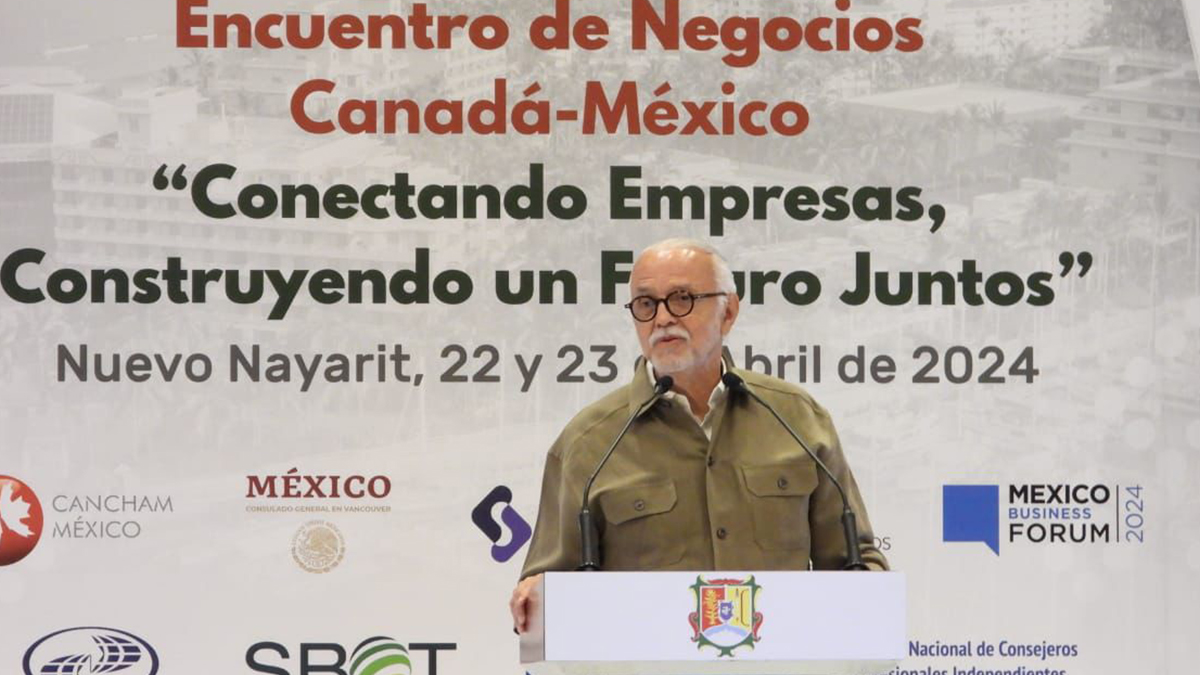The growing power of China, the latest North Korean missile launches or Russian targets in Ukraine. These are some of the issues that dominated Friday’s virtual meeting between the leaders of the United States and Japan, in which they agreed to enhance their cooperation on economic and security issues.
During the hour and a half that the meeting lasted, US President Joe Biden and Japanese Prime Minister Fumio Kishida had a “very in-depth discussion” about their views on China and their desire to “promote the freedom and openness of the Indo-Pacific.” .
In this sense, both shared their concerns about Beijing’s “intimidation” of its neighbors, with Kishida’s “particular concern” about the Asian giant’s nuclear advances.
China
Kishida was “particularly concerned” about China’s nuclear progress
The US Department of Defense estimates that China has about 350 nuclear warheads, a number that could double by 2027 and triple by 2030. Although this number is a fraction of the estimated 6,200 for Russia and 5,600 for the United States, Beijing rejects in The current time to join the nuclear arms control agreements.
In addition, the two sides rejected Beijing’s attempts to change the “status quo” in the East and South China Seas, stressed the importance of peace and stability in the Taiwan Strait, and expressed “concern” about Beijing’s performance in Hong Kong or. Xinjiang region, home of the Muslim Uyghur minority.
Read also
From Washington, Biden reiterated his determination to enhance “Japan’s defense capabilities and enhance deterrence against common threats” and welcomed “with satisfaction” his decision to increase defense spending by 8%.
At the meeting, the second between the two countries since Kishida became prime minister last October, they also pledged to cooperate in order to “deter Russian aggression against Ukraine”.
They also condemned recent ballistic missile launches by North Korea, which indicated on Thursday that it may resume nuclear and intercontinental ballistic missile tests.
In this regard, Biden expressed his willingness to work closely with Seoul and Tokyo on future steps to dissuade Pyongyang from what they described as new provocations. In addition, a rebound in launches could fuel internal debate in Japan about the deployment of US Aegis missile defense systems, something Beijing will not see with good eyes.
Regarding their economic relations, both announced the opening of the forum, which was adopted under the title “Two Plus Two”, which will include the participation of heads of foreign affairs and trade and will focus on sectors such as technology and supply chains.
Read also

Finally, Kishida expressed his intention to host next spring the meeting of the Quartet, an informal group made up of India, Australia, Japan and the United States to contain China’s advance in the region. Although no date has yet been set, Biden has indicated a willingness to attend the meeting in person.
Japan has become an increasingly valuable ally in the United States’ efforts to contain China. Although Tokyo must strike a balance so as not to damage its economic relations with Beijing (which is its largest trading partner), it has recently been more willing to show its support for Washington’s policies on issues such as Taiwan.





